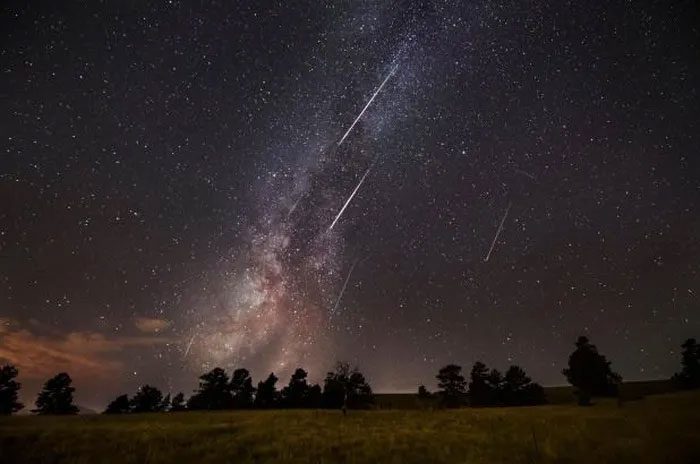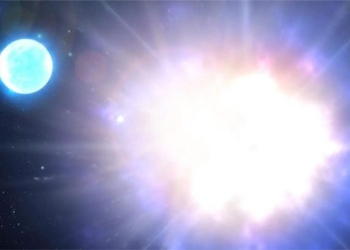On the night of Thursday into Friday this week (July 28-29), astronomy enthusiasts will have the opportunity to witness the Delta Aquarids meteor shower, one of the notable astronomical events of July.

The meteor shower may appear in the sky on the night of July 28 and the early morning of July 29.
Originating from the debris left by comets Marsden and Kracht, the Delta Aquarids meteor shower occurs annually from July 12 to August 23, peaking on the night of July 28 into the early morning of July 29.
The Delta Aquarids is considered an average meteor shower, with a peak rate of about 20 meteors per hour.
This year, the observation conditions for the Delta Aquarids meteor shower are quite favorable due to the minimal impact of the new moon at the beginning of the month. The ideal time for observation is after midnight, in areas with low light pollution and clear air.
The meteors will originate from the Aquarius constellation, but they can appear anywhere in the sky. Be sure to check the weather forecast if you plan to observe.
Immediately following the Delta Aquarids meteor shower, on the night of August 12 into the early morning of August 13, astronomy lovers will have the chance to witness the Perseids meteor shower, one of the two most beautiful meteor showers of the year, with peak rates potentially reaching 80 meteors per hour.




















































